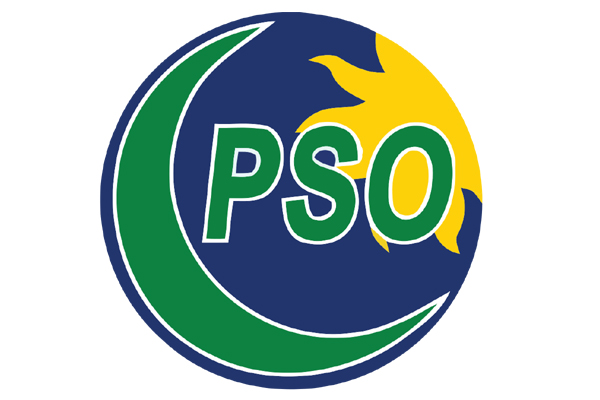- Report says the profit of PSO is in line with the expectations
- Power sector, PIA among the biggest defaulters of PSO
Pakistan State Oil (PSO) on Monday posted after-tax profit of Rs10.015 billion during the July-December 2009-10 increased by 49 percent as compared with Rs6.725 billion earned in the same period of last fiscal year.
According to the report, the strong sales and the higher income were key earning drivers for PSO during 2nd quarter 2016-17. The sales were mainly led by higher oil volumes and oil prices whereas other income saw a sharp increase likely due to penal income (markup on delayed payments to PSO etc).
An analyst in the report said, “The profit of the PSO was in line with the expectations”.
PSO oil volumes grew by 22 per cent up to 3.7 million tonnes during the 2nd quarter 2016-17. The oil sales for the company were mainly driven by the petrol sales that were increased to 32 percent.
The international oil prices during the 2nd quarter 2016-17 were increased by 19 per cent YoY leading to inventory gains for the company.
The analyst said, “We are waiting for further clarity from the management, but an analysis had estimated inventory gains of Rs 1.2 billion for this quarter”.
In the last quarter, the other operating expenses were up to 10 percent in line with the expectations as exchange rate remained stable. However, a lower finance cost during the quarter also contributed to the earnings growth, the report added.
Despite robust earnings, the absence of the half year payout has raised alarm bells for the investors (particularly in the backdrop of rising circular debt), with the stock witnessing selling pressures post announcement.
The analyst said, “We remain upbeat on earnings growth and income from the increased shareholding in subsidiaries, moving higher RLNG volumes and volumetric growth in the retail fuels segment, driving our investment case”.
The higher net revenue was primarily backed by an increase in sales volumes of furnace oil, High-Speed Diesel, and MOGAS which increased by 17 per cent, 32 per cent, and 17 per cent YoY respectively during 2nd quarter 2016-17.
The effective tax rate was 31 percent in the quarter 2016-17 as compared to 29 percent in the 2nd quarter 2015-16 (+2 per cent YoY) while went down by 4 percent on quarter to quarter basis.
The monster of circular debt continues to haunt PSO as the receivables of the state-owned oil marketing company have alarmingly surged up to Rs 269 billion which was at Rs 260.5 billion on January 19.
As per the receivable and payable position of PSO on January 25, the power sector has emerged as the biggest defaulter of PSO that continues to be the black hole in the economy, as it owes Rs 240.5 billion as of January 25.
By January 19, power sector was under the debt of Rs 233.4 billion. This shows that receivables from the power sector have surged by Rs 7.5 billion in just 6 days.
In the wake of delay in payments from the power sector, out of Rs 240.5 billion, the government will have to pay the huge amount of Rs 59.7 billion in the head of late payment surcharge from the natural exchequer to PSO, the report added.
Pakistan International Airlines (PIA) has also emerged as one of the biggest defaulters for PSO as receivables from PIA has also surged to Rs 15.1 billion on January 25, 2017 from Rs 14.5 billion on January 19, 2017.
PSO has asked for finance ministry’s intervention for the payment of dues of Rs 14.4 billion which PIA owes to it. The payment due from the PIA has now increased to Rs 15.1 billion.
And the amount in the head of price differential claim from the government has also hiked to Rs 9.6 billion. However, receivables from the Sui Northern in the head of LNG stood at Rs 3.7 billion.




